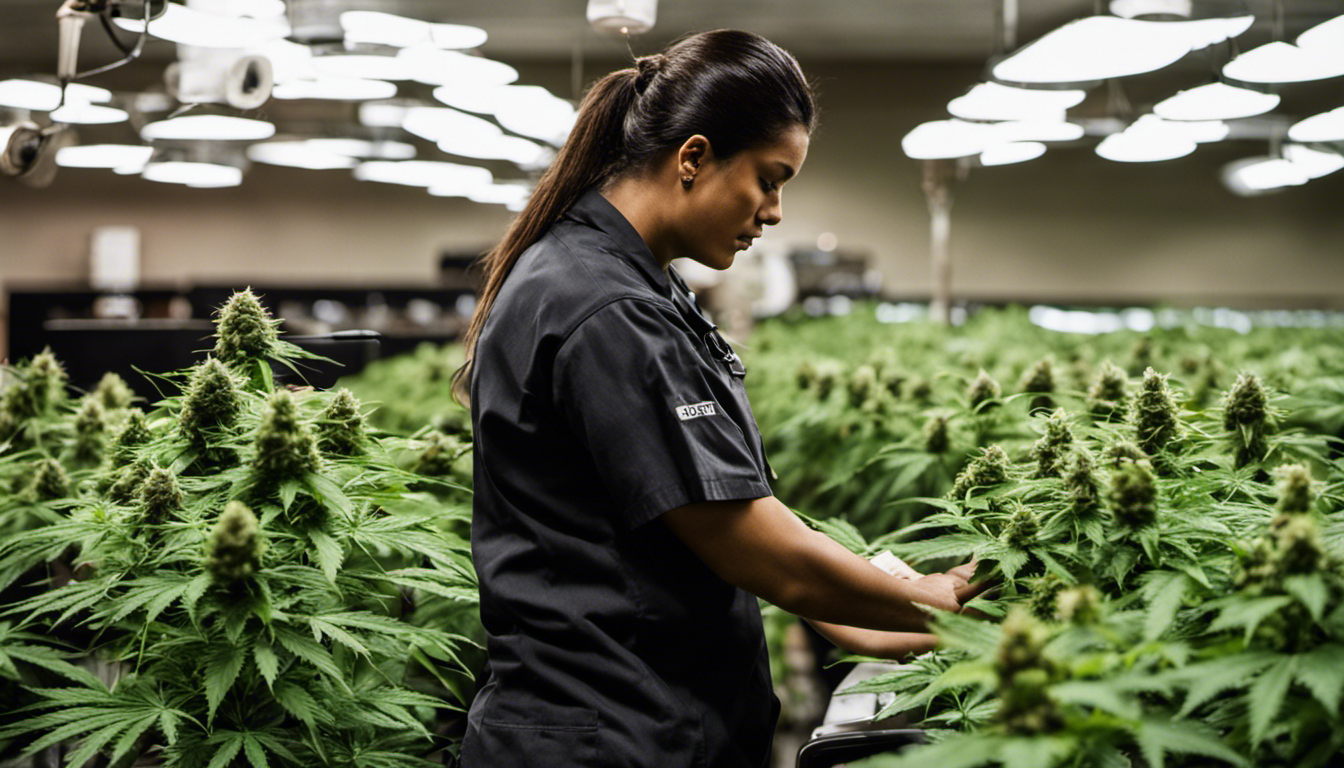Texas’ Medical Marijuana Program Falls Short of Providing Statewide Access, Report Finds
A report commissioned by the Texas Department of Public Safety (DPS) has concluded that the state’s medical marijuana program does not provide adequate statewide access to patients. The report, conducted by New Mexico-based company Weeds, Inc., recommends expanding the number of licensed dispensaries and recruiting more physicians to meet demand.
The Texas Compassionate Use Program (CUP) has grown significantly since its inception in 2015, with tens of thousands of patients now enrolled. However, the program has been criticized for its limited geographic reach, with most dispensaries located in Central Texas. The report notes that this has created “unique problems” for patients and dispensing organizations trying to provide statewide access.
To address this issue, the report recommends approving an additional 10-15 dispensaries, dispersed more equitably across the state. It also suggests recruiting more physicians through continuing education and allowing existing dispensaries to open additional physical locations.
The report’s findings are based on survey data from doctors and patients, as well as an analysis of the hemp industry’s impact on the medical marijuana program. The study found that 59% of patients would prefer to see the state law amended to allow for smokeable cannabis products.
The DPS has declined to approve any new dispensaries beyond the three initially licensed, citing concerns about the program’s scale and scope. However, the agency has released the report to state lawmakers, who will consider its recommendations during the upcoming legislative session.
Advocates for medical marijuana reform in Texas have long criticized the program’s limitations, citing the need for greater access and more competitive licensing. Heather Fazio, director of Texans for Responsible Marijuana Policy, expressed disappointment that the DPS has chosen not to make any changes to the program this year, instead opting to wait for legislative action.
The report’s findings come as Texas voters prepare to decide on local marijuana decriminalization initiatives in several cities this November. A strong bipartisan majority of voters support decriminalizing marijuana, and more people say they want to reduce restrictions on cannabis than on guns, gambling, and abortion.
Despite the challenges facing the medical marijuana program, some lawmakers are pushing for further reform. The Texas House of Representatives has passed several bills aimed at decriminalizing marijuana and facilitating expungements, although they have stalled in the Senate. A Democratic senator has also introduced a bill to allow Texans to vote on ending marijuana prohibition at the ballot box.
Overall, the report’s findings highlight the need for greater access to medical marijuana in Texas.












